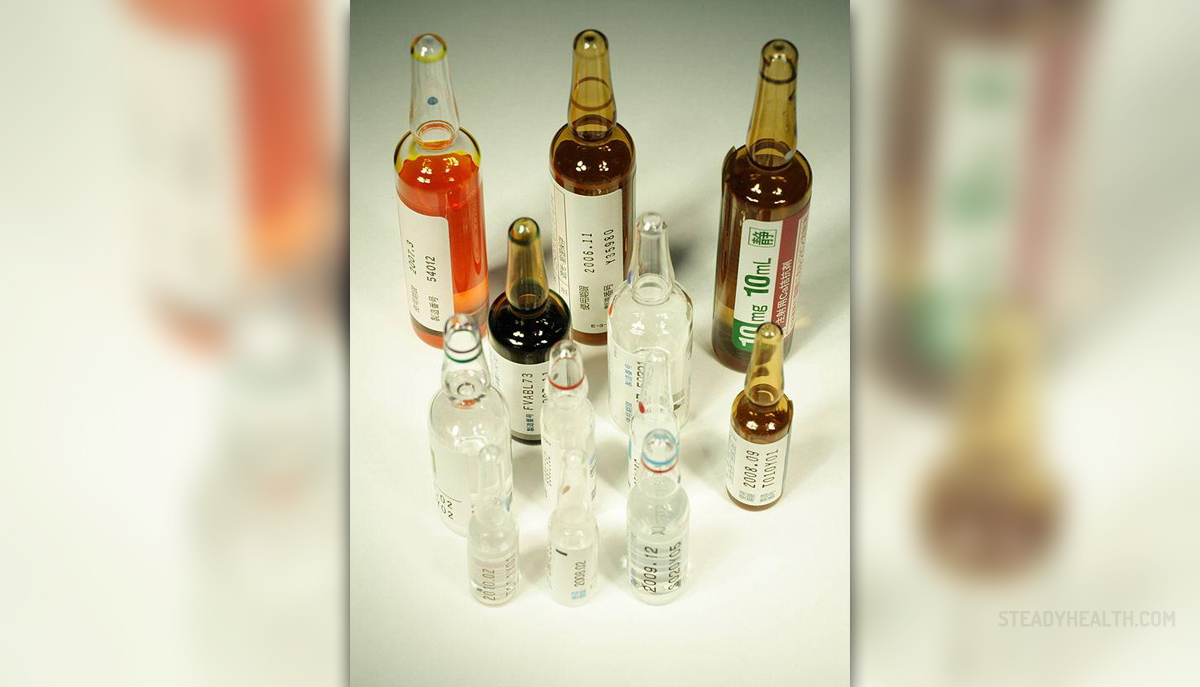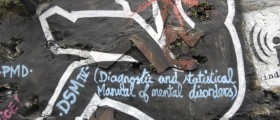
Drug abuse and mental illness
Many drug abusers usually suffer from serious mental disorders. This is medically known as co-occurring disorder or a dual diagnosis. Even though it may not be clear what is the exact cause and what is the consequence, the use of drugs commonly causes physical, social, and psychological harm to the abuser. In some cases, individuals suffering from serious mental disorders may decide to take drugs as means of self-help, to reduce the symptoms of the disorder. This usually happens when the patients have no other solution for their problems, if the disease isn’t diagnosed and they do not have a treatment option. People with manic-depression disorder are also prone to risky behavior, during their manic episodes, and most of them won’t hesitate to try psychoactive drugs. In other cases, mental disorders are caused by chronic drug abuse. This is very common for ecstasy abuse that causes long-term serotonin deficits in the brain, leading to depression and anxiety.
What is typical for drug abusers is that they have lost the power of self-control over the substance they abuse. Drug addicts often have very pronounced symptoms of dependence including tolerance to the substance they abuse and need to use it in greater quantities over time. They are also behaving compulsively, and may be completely unable to quit with the bad habit even though it has very serious negative consequences on their health, relationship, employment, and legal status. An attempt to stop with the bad habit usually provokes withdrawal symptoms: feeling of sickness, chronic pain, sleep deprivation, and many other.
Mental disorders associated with chronic drug abuse
Drug abuse may occur together with any recognized mental illness. In most cases, chronic drug abusers are suffering from schizophrenia, manic depression, attention deficit hyperactivity disorder, obsessive-compulsive disorder, generalized anxiety disorder, panic disorder, post-traumatic stress disorder, and antisocial personality disorder. According to the statistics from 2001, about 4.0 million adults met the criteria for both substance abuse and mental illness, at the same time. Their risk of antisocial personality disorder is as high as 15.5%, followed by the risk of manic episodes, with 14.5%, and risk of schizophrenia, with 10.1%.
Even though it may seem very complicated, chronic drug abusers suffering from mental illness can be successfully treated. A lot of treatment options including medicines, cognitive behavioral therapy and support groups, are available especially for these individuals and their families. Typically, the two conditions are treated separately, without regard to each other.
















Your thoughts on this
Loading...